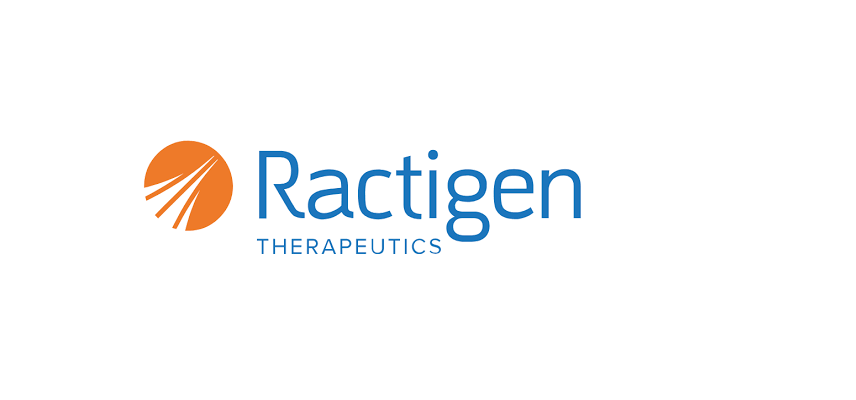Ractigen Secures FDA Rare Pediatric Disease Designation for RAG-18
Ractigen Secures FDA Rare Pediatric Disease Designation for RAG-18 in Duchenne Muscular Dystrophy Treatment
Overview
Ractigen Therapeutics, a leader in small activating RNA (saRNA) therapies, has received Rare Pediatric Disease Designation (RPDD) from the U.S. Food and Drug Administration (FDA) for its saRNA candidate RAG-18, designed to treat Duchenne Muscular Dystrophy (DMD). This designation highlights RAG-18's potential as an innovative treatment for both DMD and Becker Muscular Dystrophy (BMD), irrespective of specific mutations in the DMD gene.
RPDD Grant
- The RPDD is granted for treatments addressing serious or life-threatening diseases affecting fewer than 200,000 children in the U.S.
- If RAG-18’s New Drug Application (NDA) is approved, Ractigen could obtain a Priority Review Voucher (PRV).
- This voucher enables expedited review of another product's marketing application and can be sold, with past PRVs selling for between $100 million and $350 million, offering substantial financial potential for Ractigen.
From the CEO of Ractigen Therapeutics
Dr. Long-Cheng Li, Founder and CEO of Ractigen Therapeutics, stated, ""Securing the RPDD for RAG-18 is a major achievement, underscoring our dedication to developing groundbreaking therapies for rare diseases. This designation accelerates RAG-18’s development and opens doors for further advancements in RNAa therapies, aiming to enhance the lives of patients with DMD and other rare diseases.""
About RAG-18
- RAG-18 is an innovative saRNA candidate intended to activate UTRN gene expression in muscle cells using the RNAa mechanism.
- The utrophin protein, produced by the UTRN gene, is similar to dystrophin in structure and function.
- Increasing utrophin levels could compensate for the lack of dystrophin in DMD muscle cells, making this treatment applicable to all DMD patients regardless of their specific genetic mutation.
- Preclinical research indicates that RAG-18, delivered via subcutaneous injection with Ractigen’s LiCOTM (lipid-conjugated oligonucleotide) technology, effectively reduces muscle damage, showing promise for DMD treatment.
Duchenne Muscular Dystrophy
- Duchenne Muscular Dystrophy (DMD) and Becker Muscular Dystrophy (BMD) are genetic disorders caused by mutations in the dystrophin gene, resulting in insufficient functional dystrophin protein.
- This protein is vital for muscle fiber stability, and its absence leads to muscle cell damage and progressive weakness and degeneration.
- The dystrophin gene, the largest in the human genome with 79 exons, is the target of current treatments like antisense oligonucleotides (ASO) mediated exon skipping, gene therapy, and gene editing.
- These treatments, however, have limitations, highlighting the urgent need for innovative therapies that address DMD's root cause for more effective and lasting benefits.
RNAa
- RNAa is a clinically validated technology platform developed by Dr. Long-Cheng Li and his team.
- It uses saRNAs to target gene regulatory domains, activating gene expression and restoring therapeutic protein levels.
- This technology holds great promise for developing treatments for various diseases, particularly genetic disorders, where traditional methods are inadequate.

Optimize Your trial insights with Clival Database.
Are you exhausted from the uncertainty of trial insights pricing? Clival Database ensures the clarity in the midst of the global scenario for clinical trials to you.Clival Database is one of the best databases that offers an outstanding number of clinical trial data in terms of 50,000+ molecules and from primary regulatory markets as well as new entrants like Indian and Chinese markets.
With Clival, you get accurate positioning of historical sales data, patent database, company profiling, safety & efficacy, and prediction of launch of new innovative molecules helping you to align your research and driving down the cost.
To add value, we further break down our analytics for you so that improving your operational effectiveness; optimizing your clinical trials; and offering you accurate and high-quality data at lowest possible prices becomes possible.
Elevate your trial success rate with the cutting-edge insights from Clival database.
Check it out today and make more informed sourcing decisions! Learn More!







